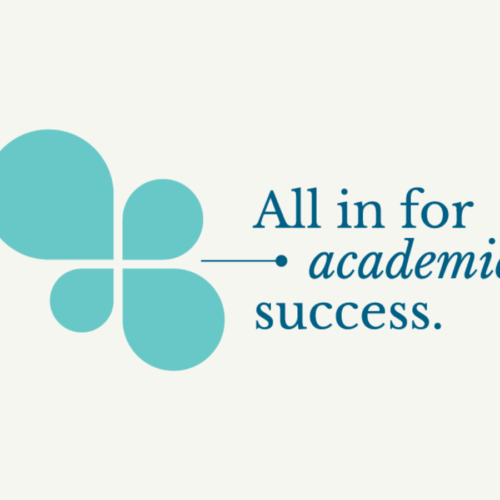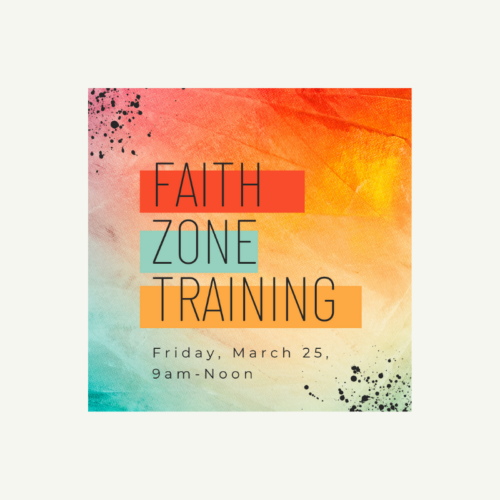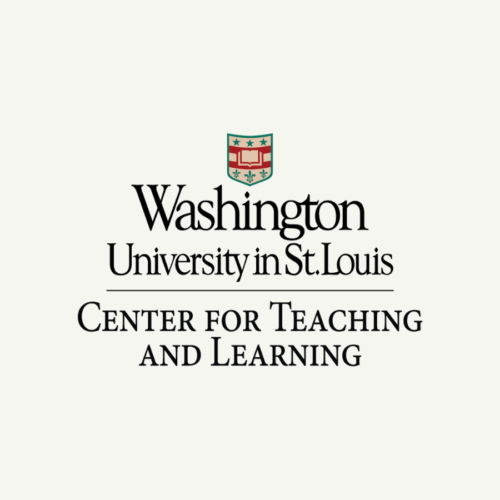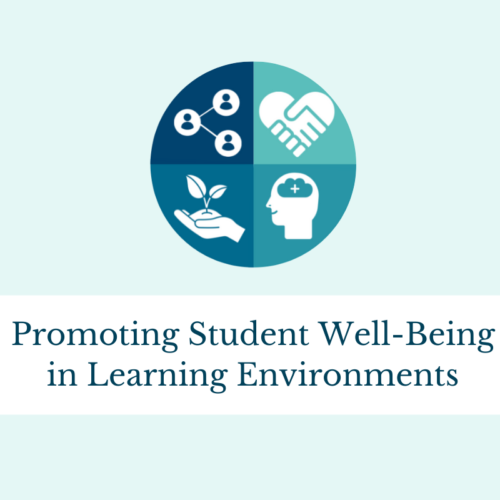“On Teaching While Black in the Time of COVID and Emboldened Racism”: Poets & Writers
“As professors, we know our role is not just to teach subject matter, but also to model how to teach. But the students of color, women, and intersections thereof—they are looking to me for more than that,” said Hope Wabuke, PhD, an Ugandan American poet, essayist, and writer who holds a position as assistant professor at the University of Nebraska. Wabuke recently wrote an editorial for Poets & Writers in which she describes her role teaching during a pandemic and times of emboldened racism.
In particular, Wabuke in the article touches on issues of racial bias while teaching. She describes her experiences as both a student and instructor to illustrate the obstacles she faces while creating an inclusive classroom.
“When I think about how much I wanted a Black teacher my whole life and how that would have been so impactful for me as a Black college student, I understand that this is the need I am filling for my Black students; when I think about how I may be the first Black person that some of my undergraduate non-Black Nebraska students have spoken to, I see my role of simply holding space as the most important thing I do here,” Wabuke said.
Holding this space provides “both a window and a mirror: the window, being an experience for that non-Black student’s mind to grow not just in subject matter but into a new way of thinking, perhaps; a first glimmer of a new way of thinking outside of that internalized racial bias, perhaps. The mirror being my presence that allows that mind of the Black student that is looking for itself to be seen, heard, and valued,” Wabuke said.
Wabuke also outlines how she structured a graduate-level creative writing course in response to the pandemic. During her planning, she initially concentrated on pedagogical logistics such as transferring the course to being completely remote, but then realized that she needed to adjust her teaching in three main ways: Holding students accountable for their writing practice, even when times were difficult; designing her class as a place of “peace, stillness, and awareness to engage with writing, craft, and intellectual ideas,”; and prioritizing compassion and humanity to address students’ needs and concerns.
Ultimately, Wabuke realized that teaching means continually learning and reevaluating to provide an inclusive learning environment.
“Teaching during these dual pandemics of disease and emboldened racism, I understand now, leans deeply into the essential and timeless center of teaching: the fact that, as a teacher, one must be continually learning,” Wabuke said. “One must do the work to be aware of any unexamined beliefs or tendencies one may have and learn to move into deeper thought in order to create an inclusive environment for students, a place of learning that is grounded in respect and understanding so that the students in the classroom may themselves have the safety to learn and create; to think and become.”




